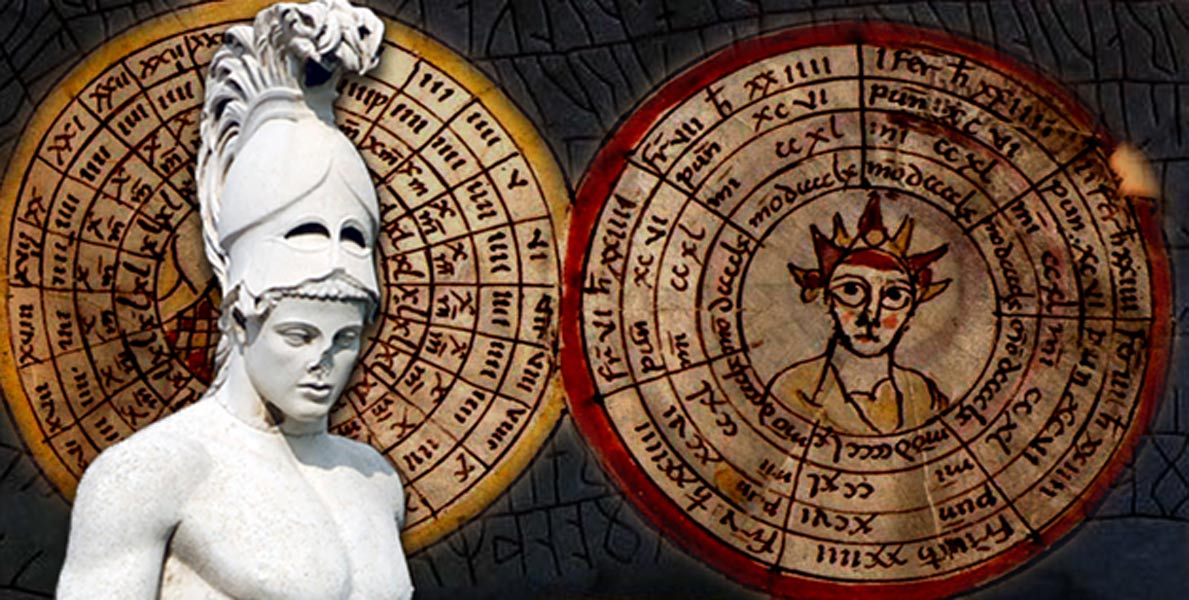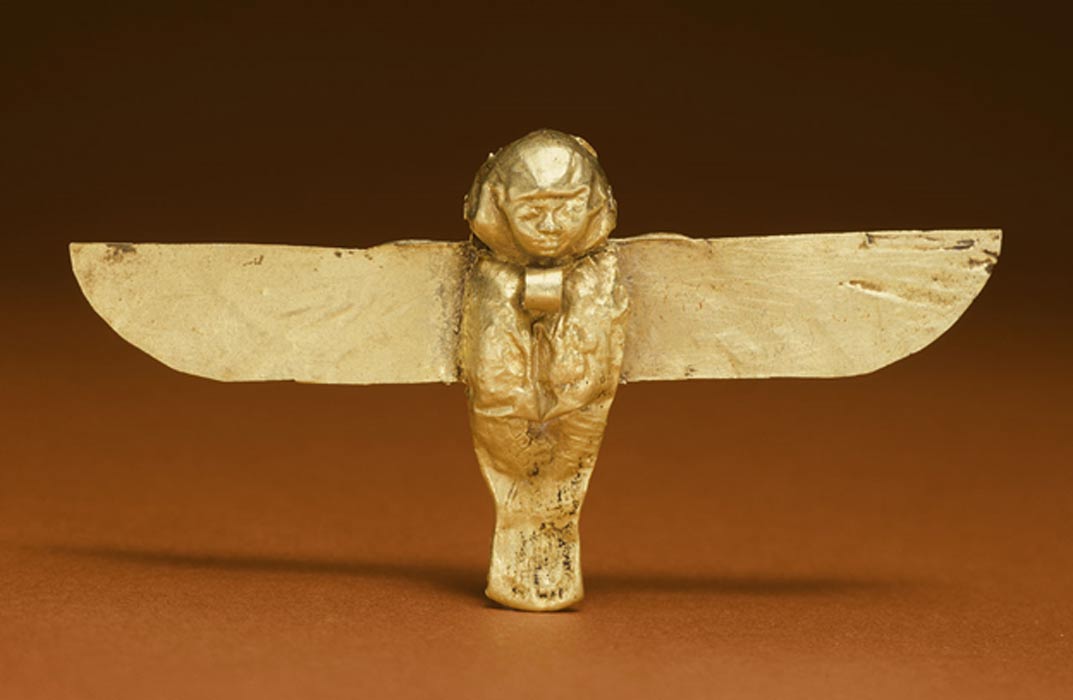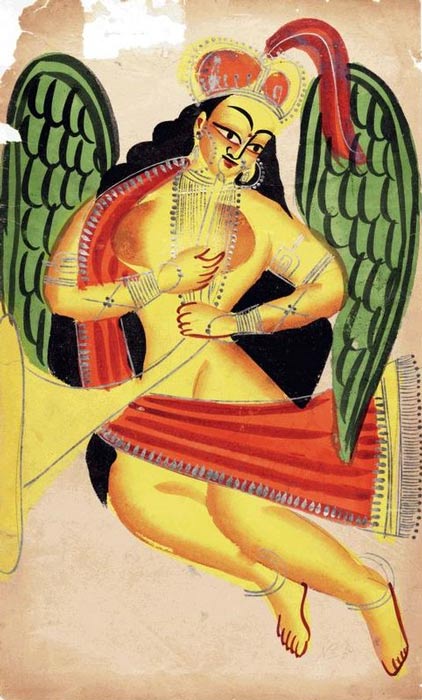
The Gods We Honor Daily: The Cultural Significance of Days and Months
A linguistic concept holds that if a term exists in a language, the concept it describes is present in that culture. In this way, language reveals a particular culture’s beliefs. For example, the Japanese language originally did not have a unique word for the color green. “Ao” referred to both blue and green, and the two seemingly distinct colors were only considered shades. Other terms indicate diverse cultural perceptions, including “yuzame” (that feeling when you step out of a hot bath into a cool breeze), and “yuagari” (the content feeling which appears after entering a hot spring). Such examples, which teach people about unique cultural beliefs, are found in all societies.
Words Describing Life, Spirits and Monsters
German’s “Slimmbesserung” (a so-called improvement that makes things worse), and “Schadenfreude” (enjoyment due to others’ misfortune) relate cultural perspectives, as do the Inuit words “shiya” (dawn snow), “katiyana” (night snow), “britkla” (good snow for building), “carpitla” (ice-glazed snow), and “tla” (ordinary snow), indicating of course that snow plays an integral role in their daily lives.
Other words exist in diverse languages that indicate religious or spiritual beliefs: things that drive life as a whole. The Shuar of Peru and Ecuador believe in a power called “tsarutama” that infuses human remains, and while Catholic Christians have a similar idea regarding their saints, they do not have an accurate word to describe it. The Egyptians had many words to describe different parts of a human being’s spiritual essence, and all of them had elaborate definitions. These include words like Ba, Ka, Kha, Khaibit, Jib, Ren, and Akh. The exact concepts do not exist in other cultures.

Golden Ba amulet from the Ptolemaic period. (Public Domain)
Naturally, important gods and supernatural creatures differ among cultures, and there are unique names for them. Therefore, supernatural creatures like the “chupacabra” from Puerto Rico (i.e. the term originated in Puerto Rico), which supposedly kills cattle and sucks their blood, and the Persian peri, which are winged, angel-like creatures that can be good or evil (just like their Christian counterparts), are unique to the cultures that describe them.

A depiction of a Persian peri. (Public Domain)
Days for Deities
Typically, words associated with the calendar, including days and months, indicate worldwide cultures’ perceived most important beliefs. Each day originally honored a different god or concept, and they still do. In Europe, the Italian days of the week (lunedi, martedi, mercoledi, giovedi, venerdi, sabato, and domenica), along with the Spanish (lunes, martes, miercoles, jueves, viernes, sabado, and domingo) and all other romance languages, honor certain deities.
- Saturnalia: The December Festival of Joy and Merriment in Ancient Rome
- Pagan Gods and the naming of the days
- The Truth behind Christian Miraculous Preservation: How Mummies Become Incorruptible Saints
Sticking with the Italian, lunedi (Monday) honors the moon, and martedi honors Mars, the God of War. Mercoledi tributes Mercury, the son of Jupiter and Maia and one of the Pleiades. Giovedi (Thursday) is from the Latin term Iovis Dies and pays homage to Jupiter, the King of the Gods. Venerdi (Friday) honors Venus, the goddess of love. Sabbato (Saturday) is from the Hebrew word Sabbath (day of rest), while Domenica (Sunday) is from the Latin “dies dominica” (Day of the Lord).




